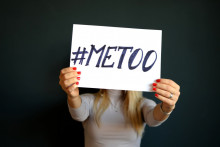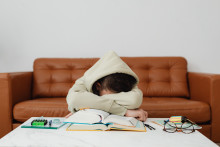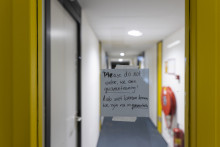The ISO, which represents student interests, hired ResearchNed to investigate the extent to which students in higher education experience unsafe situations, whether or not these take place in their institutions. The research agency interviewed 7,650 students at the start of this year.
Of those students questioned, the vast majority – 94 percent – said they felt safe in their institutions. Nonetheless, 20 percent of students said that they had sometimes found themselves in socially unsafe situations. Of those students, 40 percent said that they had avoided an educational activity for this reason.
Bad joke
The ISO concludes that social safety in higher education is not always as it should be. The students interviewed spoke of discrimination, intimidation, threats, blackmail and bullying. 'One lecturer made a joke in poor taste about my visual handicap and then had a really good laugh about it, along with another student', said one of the respondents.
Moreover, 9 percent of students said they had experienced sexual harassment. These ranged from comments about a shirt 'that was very sexy' to rape. Three percent of interviewees said that these were ‘physical incidents’. That’s 255 students out of the total 7,650.
Toxic mix
Most of those victimised (64 percent) never reported these acts of transgressive behaviour. In the majority of cases (84 percent) that’s because the student thought the incident wasn’t serious enough.
There is also a group (17 percent) who lack trust that the institution will do anything about it, and another group (16 percent) who don’t know where to go to report these acts. 'To me that’s a toxic mix, and it means that vulnerable victimised students can get lost in the process', says ISO chairperson Lisanne de Roos.
It’s the view of the ISO that educational institutions have to make it more clear where students can go to get help. After making its own inventory, the ISO found that information about an institution’s confidential counsellors is often obscure: 'The universities of applied sciences in particular scored poorly'. De Roos believes there are 'too many students who are unable to call on professional help when they really need it'.
Government commissioner
Certainly very many incidents go unreported, the Inspectorate of Education stated in February. According to the Inspectorate, those in higher education should be doing a better job of monitoring social safety.
The Cabinet also regards this as an important issue, and not just for higher education. Mariëtte Hamer, former chair of the Social-Economic Council, is starting today as government commissioner on sexual harassment and sexual violence.






